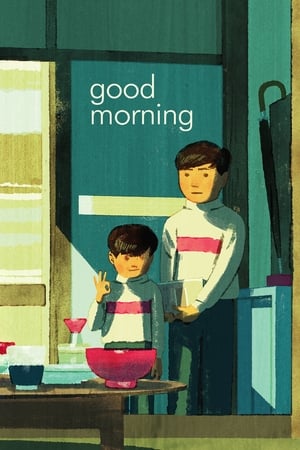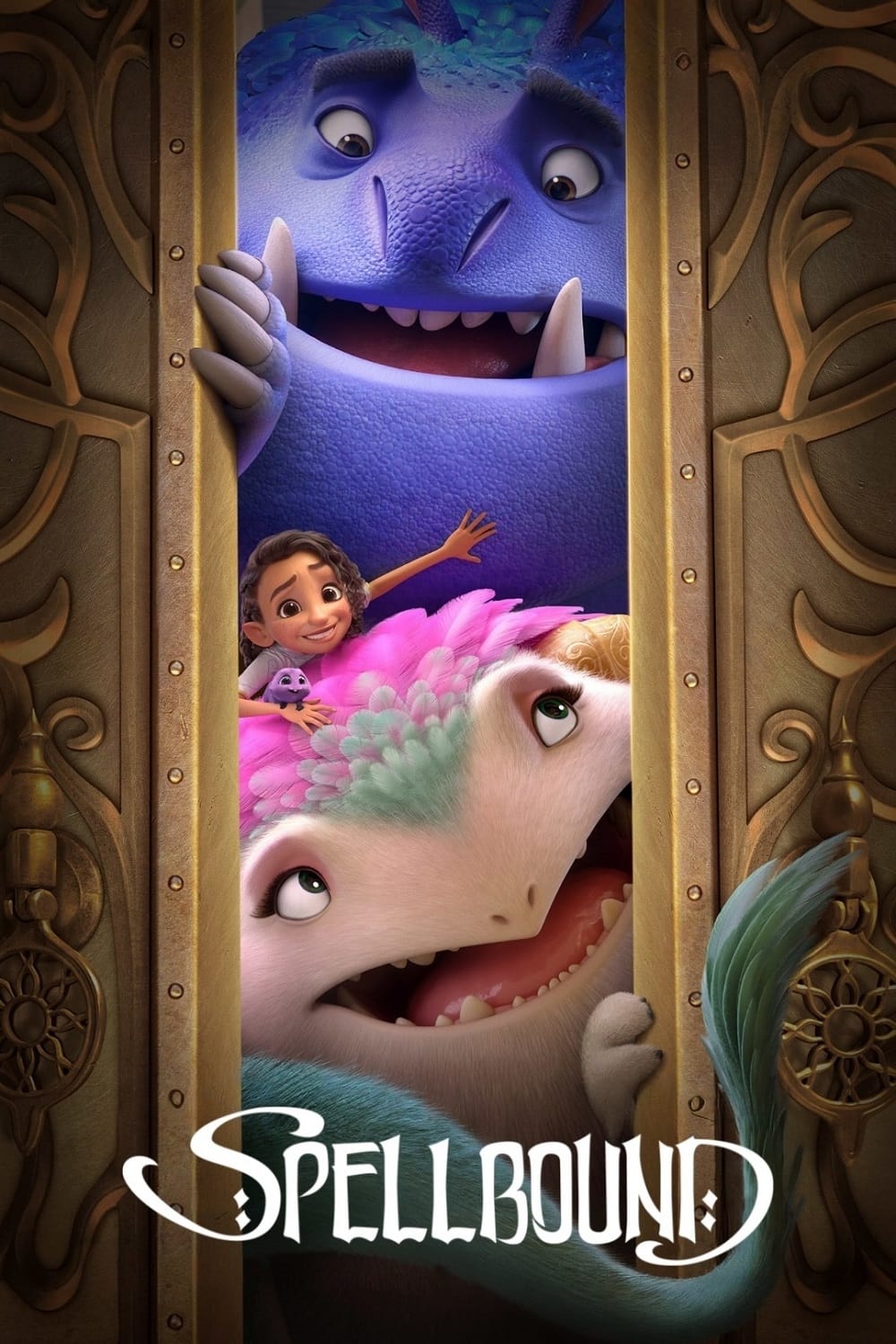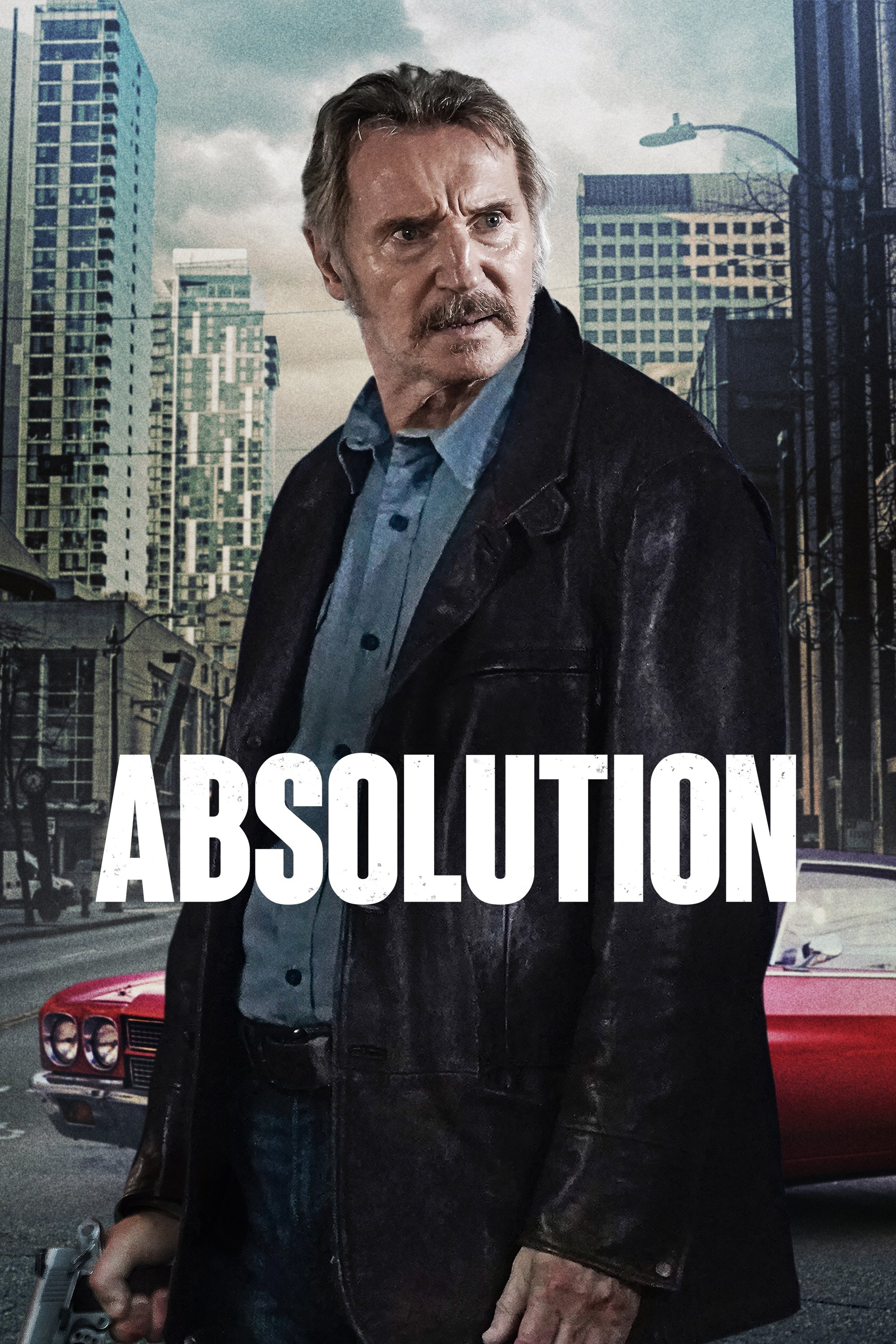Good Morning (1959) - Comedy Movies 94 minutes. Good Morning, Yasujiro Ozu's Good Morning, Ohayô, Bom Dia, Bom Dia, 안녕하세요, Dzień dobry, Ohayou, お早よう, Доброе утро!. A lighthearted take on director Yasujiro Ozu’s perennial theme of the challenges of intergenerational relationships, Good Morning tells the story of two young boys who stop speaking in protest after their parents refuse to buy a television set. Ozu weaves a wealth of subtle gags through a family portrait as rich as those of his dramatic films, mocking the foibles of the adult world through the eyes of his child protagonists. Shot in stunning color and set in a suburb of Tokyo where housewives gossip about the neighbors’ new washing machine and unemployed husbands look for work as door-to-door salesmen, this charming comedy refashions Ozu’s own silent classic I Was Born, But . . . to gently satirize consumerism in postwar Japan. japan, parent child relationship, brotherhood, protest, inflation, consumerism, gossip, noisy neighbor, post war japan, neighborhood, criterion, japanese family, door to door salesman, family dynamics, mischievous children, town gossip, television set, boys, small talk, missing money, silence, child outsmarts adult, generational divide, farting

Good Morning (1959)
Good Morning, Yasujiro Ozu's Good Morning, Ohayô, Bom Dia, Bom Dia, 안녕하세요, Dzień dobry, Ohayou, お早よう, Доброе утро!-
Released: May 12, 1959
Runtime: 94 minutes
: 3.3/10 by 280 users
Crew: Yasujirō Ozu (Director), Shizuo Yamanouchi (Producer), Toshirō Mayuzumi (Original Music Composer), Yoshiyasu Hamamura (Editor), Tatsuo Hamada (Production Design), Yoshisaburo Seno (Sound Director)
A lighthearted take on director Yasujiro Ozu’s perennial theme of the challenges of intergenerational relationships, Good Morning tells the story of two young boys who stop speaking in protest after their parents refuse to buy a television set. Ozu weaves a wealth of subtle gags through a family portrait as rich as those of his dramatic films, mocking the foibles of the adult world through the eyes of his child protagonists. Shot in stunning color and set in a suburb of Tokyo where housewives gossip about the neighbors’ new washing machine and unemployed husbands look for work as door-to-door salesmen, this charming comedy refashions Ozu’s own silent classic I Was Born, But . . . to gently satirize consumerism in postwar Japan.





















